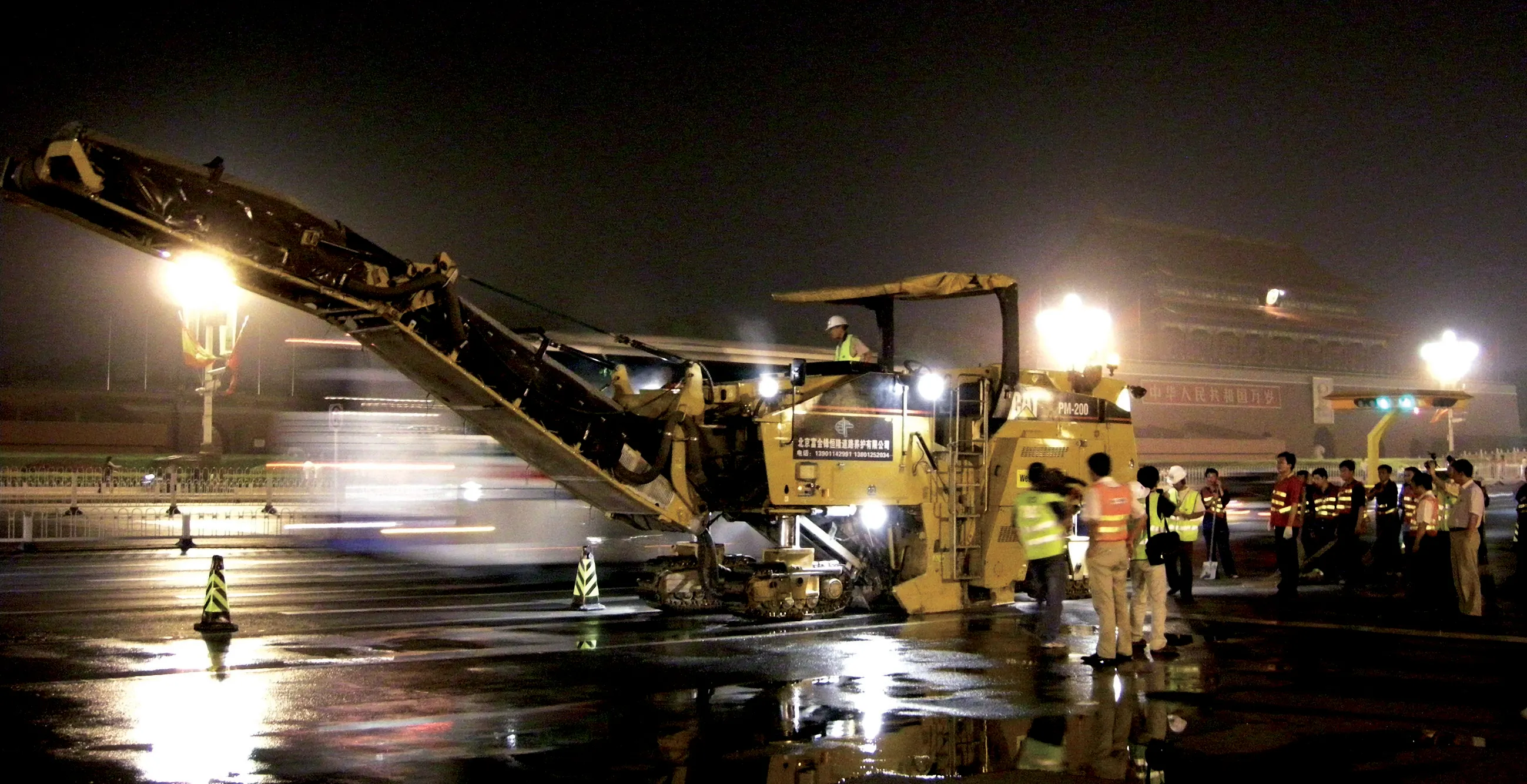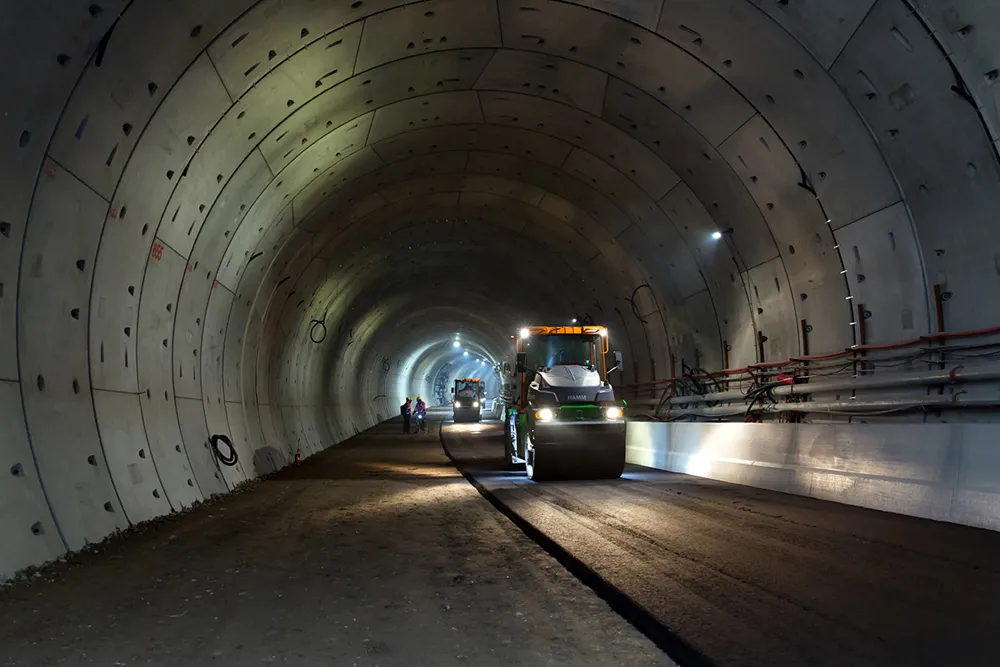The authorities in Chinese capital Beijing are making a key move to cut transport emissions from large vehicles. Over the next two years there will be a 30% reduction in the number of diesel powered buses in the city. Around 80% of the Beijing Public Transportation Group’s 21,000 buses are currently diesel-driven. But the plan in Beijing is to increase the proportion of clean-energy and new-energy buses to 50% of the fleet in from 2013 to 2014. At present, Beijing’s bus fleet includes 100 pure electric vehi
December 13, 2012
Read time: 2 mins
The authorities in Chinese capital Beijing are making a key move to cut transport emissions from large vehicles. Over the next two years there will be a 30% reduction in the number of diesel powered buses in the city. Around 80% of the Beijing Public Transportation Group’s 21,000 buses are currently diesel-driven. But the plan in Beijing is to increase the proportion of clean-energy and new-energy buses to 50% of the fleet in from 2013 to 2014. At present, Beijing’s bus fleet includes 100 pure electric vehicles. As part of the programme, nine battery replacement stations will be set up in Beijing to serve 160 vehicles. This move forms part of a wider plan by the Chinese authorities to reduce environmental impact and increase the percentage of electric vehicles in use in the country. At present, small electric vehicles such as scooters are popular for short commuting journeys. However the authorities are keen to increase the percentage of larger electric vehicles, such as passenger cars, light utility vehicles and buses, being used in urban areas. Many Chinese cities do suffer pollution problems at present and the switch to electric vehicles is expected to reduce the scale of the issue. The country is also a pioneer of cleaner power generation technology, with new systems designed to reduce emissions from coal-fired power stations being trialled.







